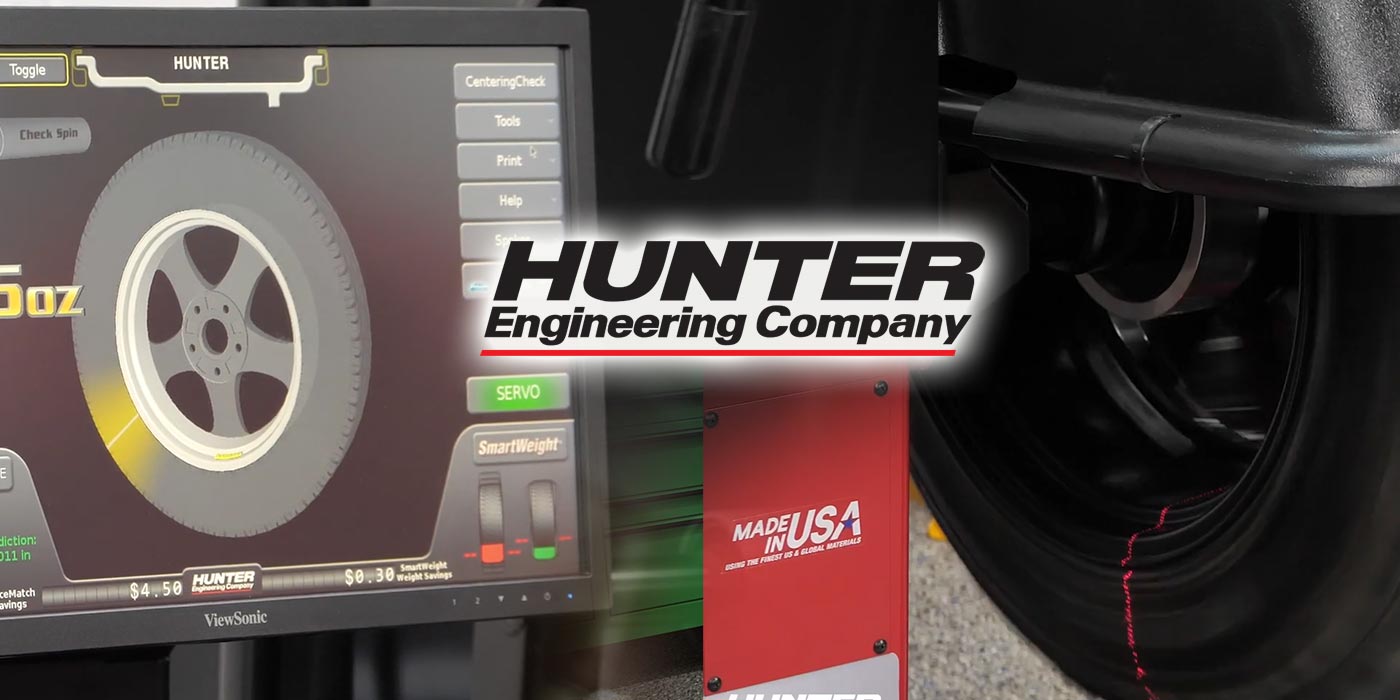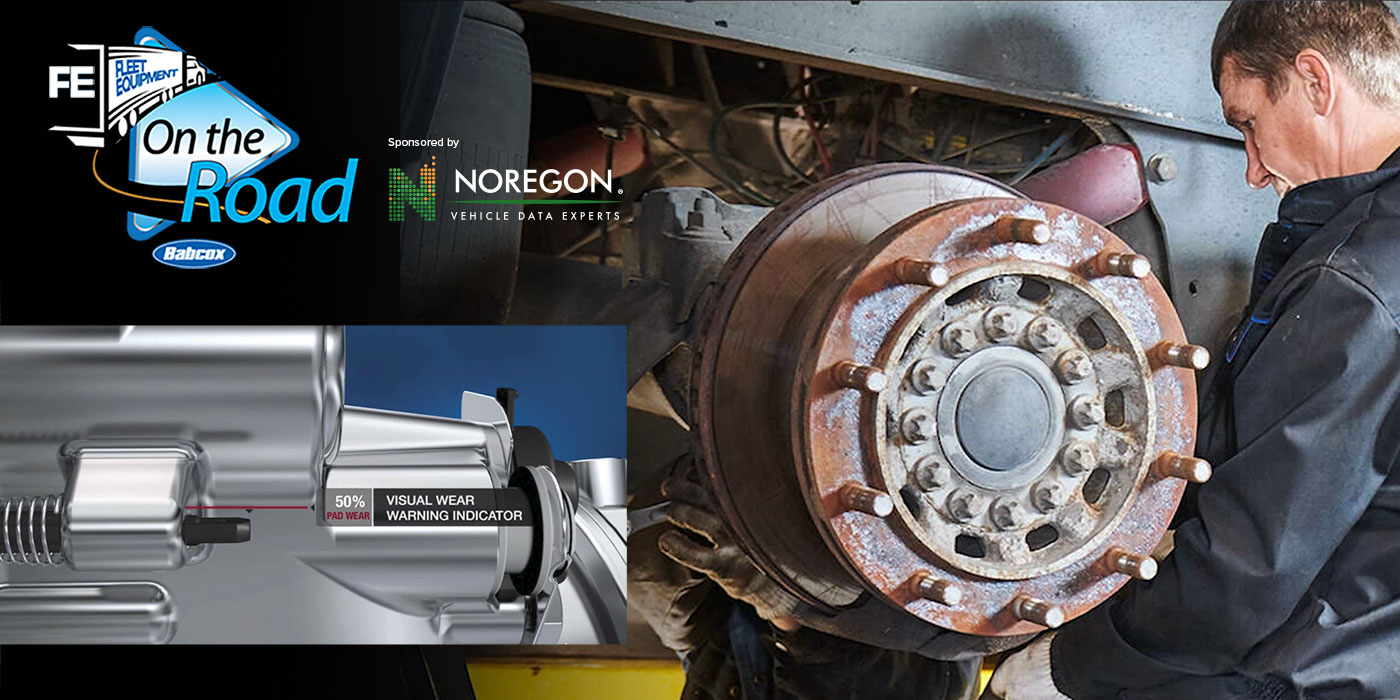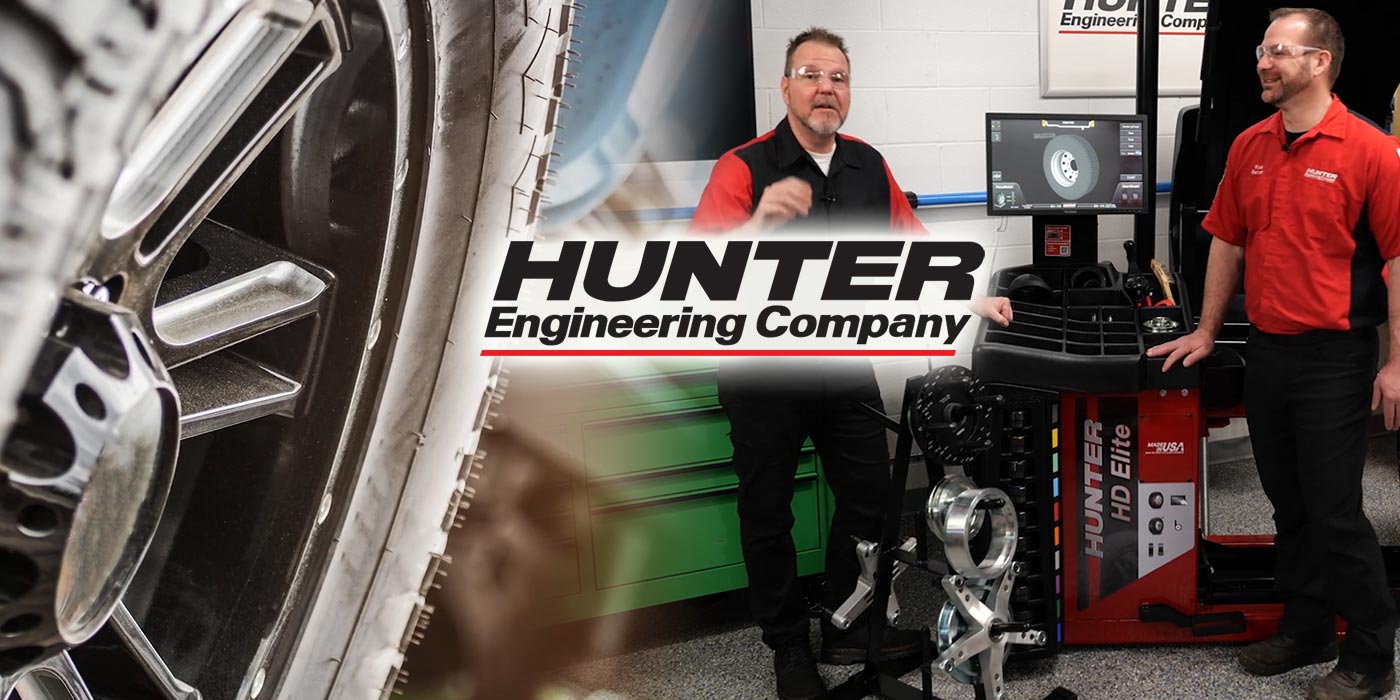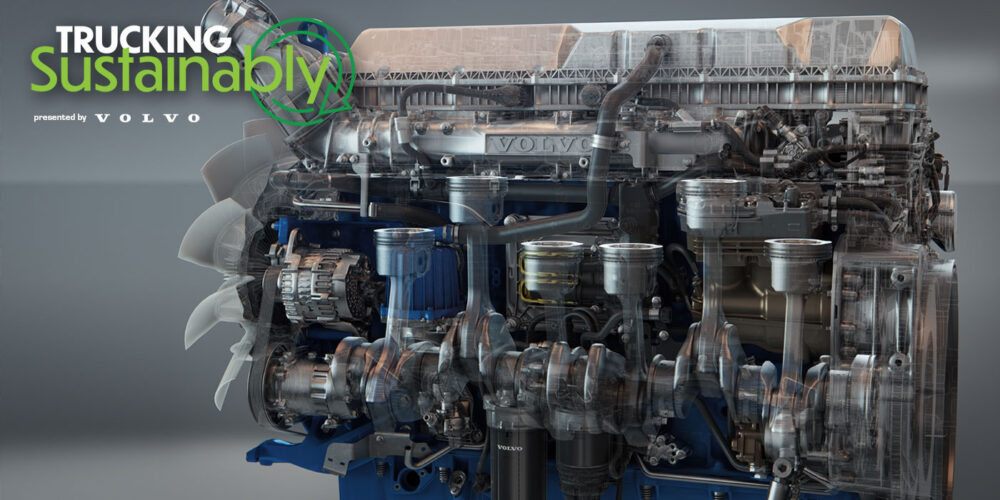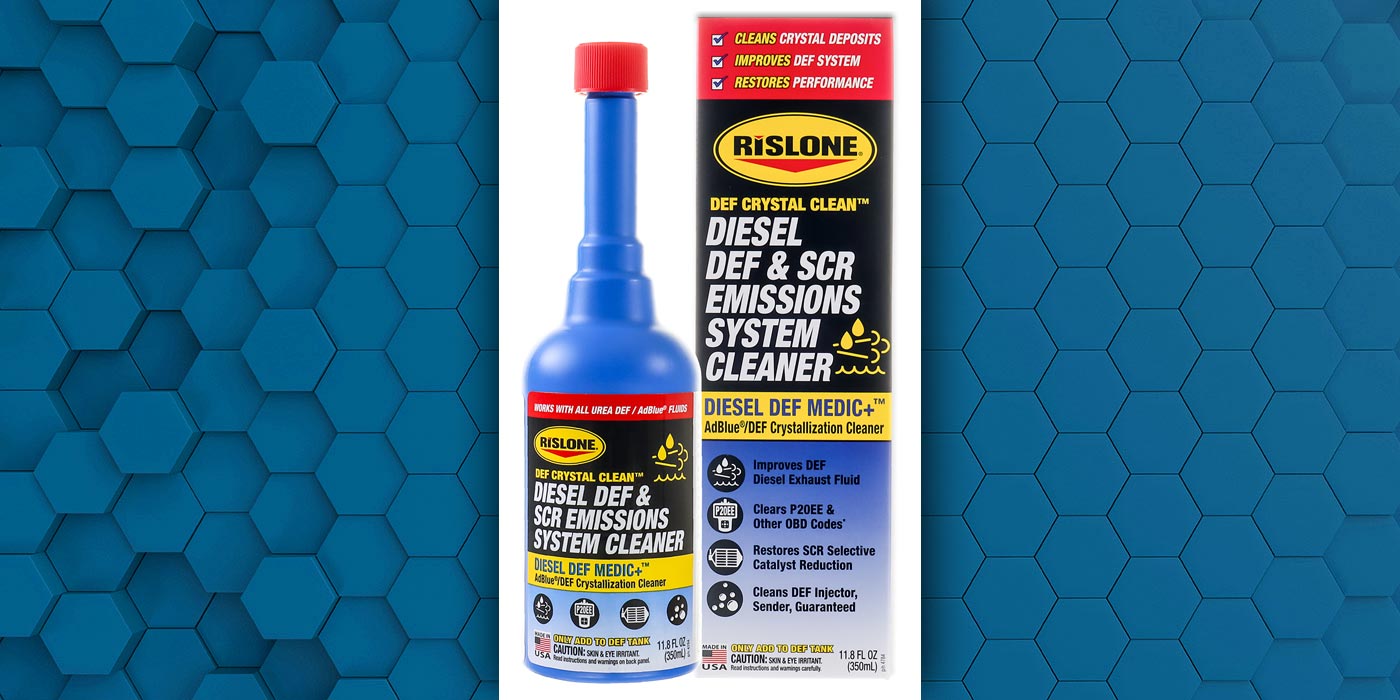If you want to avoid dealing with dead battery headaches when the weather gets cold, you need to focus on your battery maintenance and service processes as the mercury rises.
Click here to watch more of FE’s On the Road video series.
Here is a transcript of the video:
There’s an old adage in the world of truck batteries that you’ve probably heard if you’ve ever spoken with a heavy-duty battery or electrical system expert: “Summer heat and sun are what kills a battery; it just doesn’t know it’s dead until it gets cold.”
Not only are we rolling into the dog days of summer, but your equipment duty cycles have likely changed in the past six months, or you’ve rolled your trucks into new applications. All of these things will affect your batteries, so it’s best to talk about how we can keep them working now.
The summer heat speeds up the battery aging process by overcharging the battery, which increases grid corrosion and the degradation of internal components. This increases the likelihood of a no-start in the fall and winter. Now, in the summer months, the common cause for a no-start is a result of over-charging or cycling the battery to power the HVAC systems or accessories. If a battery is fully discharged due to running accessories, the end result will be a no-start situation.
With electronics, the rule of thumb is that for every 10° increase in temperature, the life of that component is reduced by about 50%. You can make a similar comment about batteries. Now, if you start looking at operating temperatures above about 120°, you will almost certainly see it starting to have an adverse effect on the life of that battery.
Summer heat and sun are the true enemies of battery resiliency. Heat even accelerates the self-discharge of a battery. A battery that may have taken two months to discharge on its own in the winter could now take only one month to discharge to the same level due to heat.
So, why are there more failures in the winter?
Well, cold temperatures impact the engine’s oil viscosity, which makes the engine much harder to crank in cold weather. Weak batteries that worked fine in summer and fall suddenly can’t provide the energy to crank a cold engine in the winter. When batteries are cold, they also have a harder time taking a charge.

